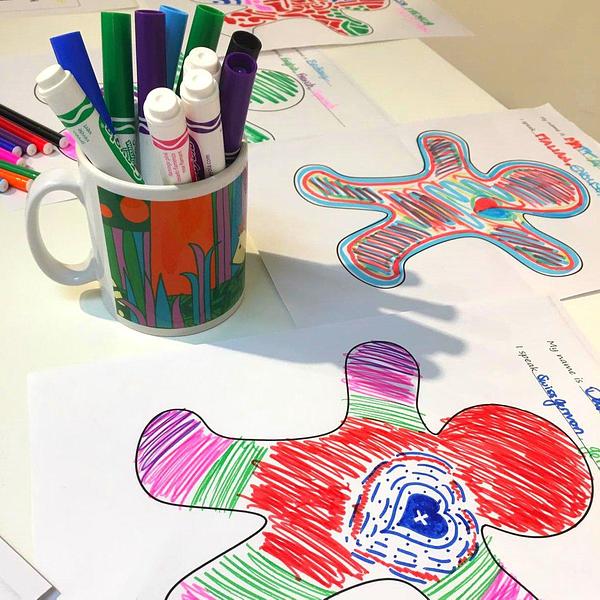
Exploring children’s experiences of bilingualism in Scotland.
Languages are central concerns for Scotland and beyond. Languages are particularly important in the current migration crisis, ever-increasing globalisation, and for personal identity, social culture and heritage. Recent cognitive science research demonstrates the advantages of early multilingualism on capacity for language use and cognitive skills. Yet some aspects of this research are inconclusive or inconsistent because associated factors supporting or undermining the benefits of multilingualism are hardly explored – such as family and community attitudes, socio-economic background, and the valuing (or not) of community and heritage languages. We will bring the potential of social sciences’ concepts and methodology to debates about the benefits of multilingualism, as ideally suited to unlock the puzzle of these inconsistent results by exploring such explanatory factors.
This research aims to explore children’s experiences of and perspectives on multilingualism, across the domains of family, community and school, in four key research questions:
It has two further objectives providing support for a future research programme.
From January to December 2018.
This project received funding from the Carnegie Trust with Carnegie Collaborative Research Grants.
Two dissemination events were held in March 2019. You can read the preliminary findings in the research summary here. The team are exploring further research funding options to build on this body of work.
"What do children think of their own bilingualism? Exploring bilingual children’s attitudes and perceptions" Tracey Peace-Hughes, Philomena de Lima, Bronwen Cohen, Lynn Jamieson, E Kay M Tisdall, Antonella Sorace
Research article published March 17, 2021 in the International Journal of Bilingualism https://doi.org/10.1177/13670069211000853